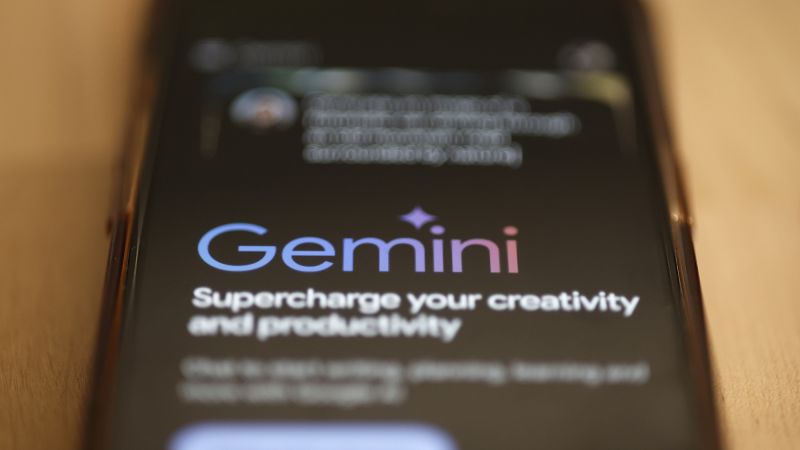The Google ad featuring artificial intelligence generating a fan letter for an Olympic track star sparked backlash from critics online. The ad showcased Google’s AI tool, Gemini, creating a letter from a young girl to her idol, Sydney McLaughlin-Levrone, including a line about breaking her world record. Many found the concept of replacing a child’s creativity with words generated by a computer to be disconnected and inauthentic, leading to criticism of the tech giant’s approach to AI technology.
The ad highlighted Google’s efforts to integrate AI technology into its products, such as Google Search and Gmail. Despite the company’s intentions to streamline processes and enhance user experiences, the use of AI to create personal messages raised concerns about the impact on human creativity and expression. The backlash against the ad reflected a broader apprehension about AI’s growing influence in various aspects of our lives, as tech companies seek to automate tasks that were traditionally performed by humans.
The fear of AI replacing creative professions, such as musicians and visual artists, has been a topic of discussion in the industry. Last year’s Hollywood writers’ strike addressed concerns about AI encroaching on human-driven creative processes, and some individuals have taken legal action against tech companies for allegedly using their copyrighted works to train AI models. Despite these reservations, tech firms continue to develop AI tools that can generate emojis, speech, videos, and other creative outputs traditionally associated with human expression.
Some critics, including Shelly Palmer of Syracuse University, have rejected the notion of a future where AI imitates human skills rather than amplifying them. The pushback against Google’s ad, as well as Apple’s similar misstep earlier in the year, highlights a broader skepticism about the implications of AI technology on human creativity and expression. While tech companies like Google and Apple strive to make AI a seamless part of daily life, the issue of preserving and nurturing human creativity remains a point of contention among critics and consumers alike.
The controversy surrounding the Gemini ad underscores a clash between the promises of AI technology to simplify tasks and the concerns about its impact on human creativity and authenticity. As AI tools become more sophisticated and integrated into various aspects of our lives, questions about the balance between automation and human-driven processes continue to surface. It remains to be seen how companies like Google will navigate the evolving landscape of AI technology and address the ethical and societal implications of their advancements.


